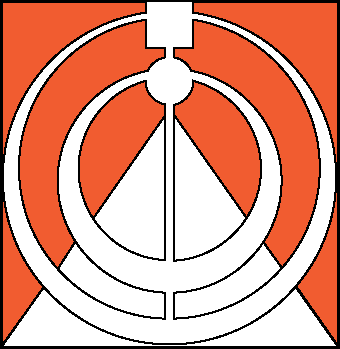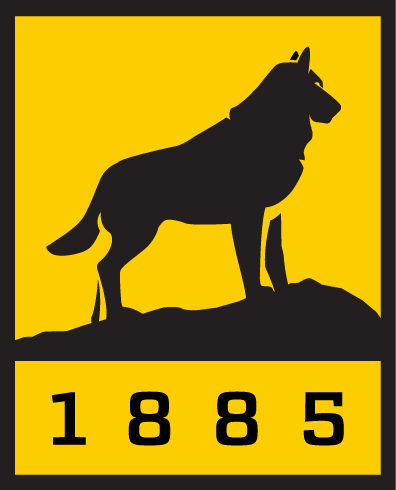Mi-STAR Presentations Featured at the 2023 MSTA Annual Conference
Monday, February 13, 2023
Mi-STAR professionals will lead multiple talks at the 70th Annual MSTA Conference, providing an opportunity for teachers to learn about Mi-STAR’s latest offerings. Attend the presentations below or visit us at our booth (TT-12) in the Exhibition Hall to dig deeper into the curriculum and network with Mi-STAR staff. In addition to staff, several Mi-STAR educators will be giving presentations at the conference. The MSTA conference will be held in Lansing, March 3-4, 2023.
Mi-STAR Sessions
Try It Out! Scientific Sensemaking with Mi-STAR Simulations
Time: Friday March 3, 2023, 11:00 AM - 12:00 PM
Location: Ballroom 1
Summary: Like scientists, students learning with NGSS often rely on simulations to test hypotheses and gain insight when direct investigation is not possible. Come demo Mi-STAR activities from each grade level and learn more about a new tool to help you and your students use classroom simulations to make sense of real-world phenomena. Handouts provided.
Tips and Tricks to Streamline Your Mi-STAR Units
Time: Friday March 3, 2023, 1:00 - 2:00 PM
Location: Ballroom 1
Summary: Good NGSS-aligned instruction takes time, and NGSS-aligned units can seem to drag on forever. Mi-STAR has asked some of our most experienced teachers to share their classroom management strategies and routines to keep units flowing without sacrificing all that makes 3D instruction so rich and rewarding. Come get ideas to manage discussions, cut down on paperwork, use technology, and keep students engaged while moving units along at a good pace.
Mi-STAR’s Literacy Initiative: Integrating Reading in the Science Classroom
Time: Friday March 3, 2023, 2:30 - 3:30 PM
Location: Ballroom 1
Summary: Good NGSS-aligned instruction is rich in writing, speaking, and listening, but often relies less on informational text. Come see how the Mi-STAR teacher community is working with Reading Apprenticeship at WestEd and differentiation specialists to change that. We’re adding multiple opportunities to use structured reading strategies to engage all students in literacy-rich science instruction.
Jumpstart System Modeling with Mi-STAR Lesson Plans
Time: Saturday March 4, 2023: 9:30 - 10:30 AM
Location: Ballroom 1
Summary: System models are a go-to problem solving tool for scientists, engineers and students, but getting started can feel daunting. In this Mi-STAR session, you’ll practice approaches to support students to develop and share system models related to real-world problems. We’ll engage in student talk, whiteboarding, and modeling norms that can be introduced in your classroom. Leave with an engineer-approved, NGSS-aligned Mi-STAR lesson to use tomorrow!
Mi-STAR Strategies to Make 3D Assessments Work for You
Time: Saturday March 4, 2023, 2:30 - 3:30 PM
Location: Ballroom 1
Summary: 3D assessments are different, and they can seem intimidating. Yet the benefits of providing students with opportunities for scientific reasoning and sense-making are clear. What can make 3D assessment work for you? Come find out how Mi-STAR structures 3D assessments to scaffold students in sense-making. Learn holistic scoring strategies, and get tips and resources to get parents and students on board.
Additional Sessions by Mi-STAR Educators
Getting Students to Ask Better Questions
Time: Friday, March 3, 2023, 11:00 AM - 12:00 PM
Location: Room 101
Presenters: Kaitlin Rich, Ishpeming Middle School, Ashley Poole, Hillside Middle SchoolMi-STAR Units and Place-Based Education: Getting Started
Time: Saturday, March 4, 2023, 11:00 AM - 12:00 PM
Location: Ballroom 1
Presenters: Jen Pera, Jeffers High School, Chuck Palosaari, Jeffers High SchoolPlace Based Connections for Mi-STAR 6th Grade Units
Time: Saturday, March 4, 2023, 1:00 - 2:00 PM
Location: Ballroom 1
Presenter: Kari Keith, White Pine Middle School
GET Mi-STAR NEWS BY E-MAIL!
Copyright © 2026 Mi-STAR
Mi-STAR was founded in 2015 through generous support provided by the Herbert H. and Grace A. Dow Foundation. Mi-STAR has also received substantial support from the National Science Foundation, the MiSTEM Advisory Council through the Michigan Department of Education, and Michigan Technological University.


















